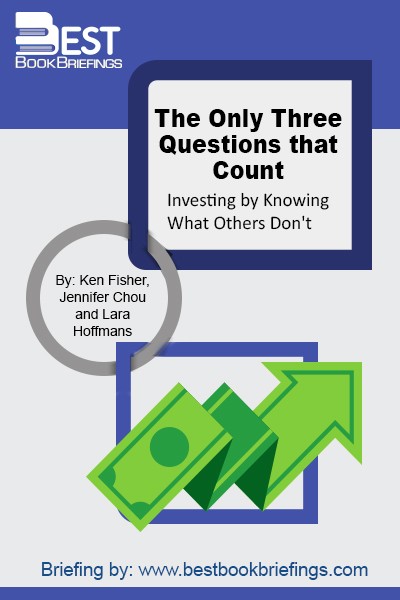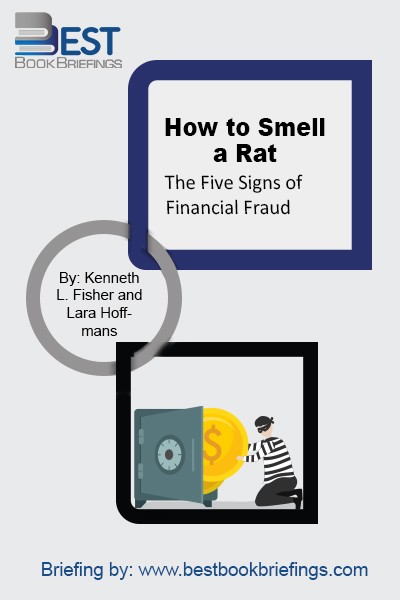The Only Three Questions that Count
Investing by Knowing What Others Don't
Number of pages: 448
Publisher: John Wiley & Sons, INC.
BBB Library: Economics and Investment
ISBN: 9780470074992
Editorial Review
Building new knowledge of how capital markets works is everyone's job, whether you accept that or not. You are part of it, whether you know it or not. By knowingly embracing it you can know things others don'tthings finance professionals don't know yet. You needn't be a finance professor or have any kind of background in finance to do it. To know things others don't you just need to think like a scientist. Think freshly and be curious and open. As a scientist, you should approach investing not with a rule set, but with an open, inquisitive mind. Like any good scientist, you must learn to ask questions. Your questions will help you develop hypotheses you can test for efficiency. In the course of your science inquiry, if you don't get good answers to your questions, it's better to be passive than make an actionable mistake. But merely asking questions won't by itself help you beat the markets. The questions must be the right ones leading to an action on which a bet can be made correctly. So, what are the right questions?
Book Reviews
Books on Related Topics
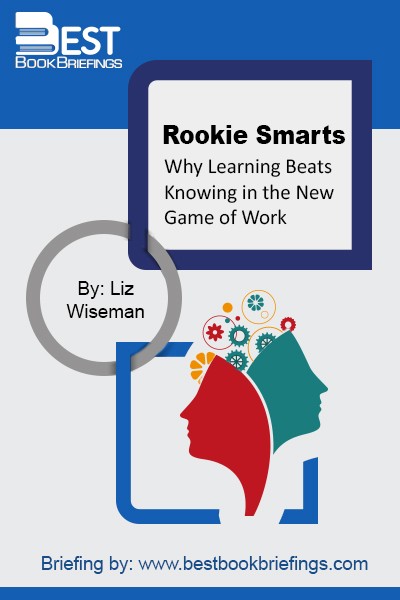
We need to build a rising generation of leaders who aren’t afraid to tackle the world’s toughest challenges. We need leaders who know how to mobilize a diverse set of experts and use all the intelligence and human capability inside our organizations. Rookie smarts isn’t an age or experience level, it
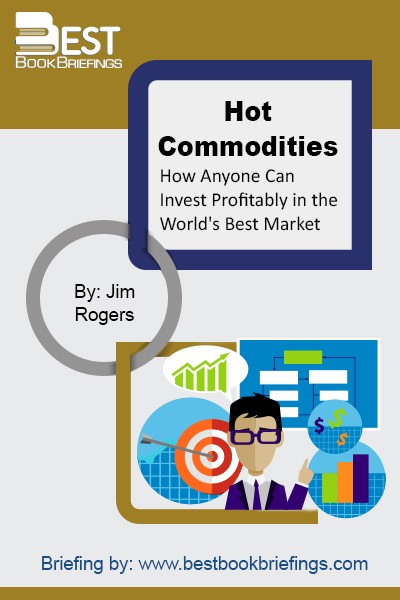
Why Commodities get no respect? Too many so-called smart investors consider themselves diversified if they have money in stocks, bonds, real-estate, and/maybe, for the sophisticated, some currencies. But commodities rarely, if ever, hit the radar screen. Successful investors look for opportunities to buy value cheap and hold it long-term, regardless of
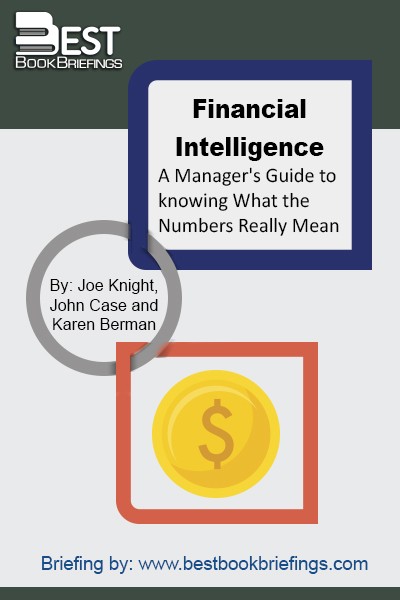
Accounting and finance like all other business disciplines, really are as much art as they are science. The art of accounting and finance is the art of using limited data to come as close as possible to an accurate description of how well a company is performing. Accounting and finance are
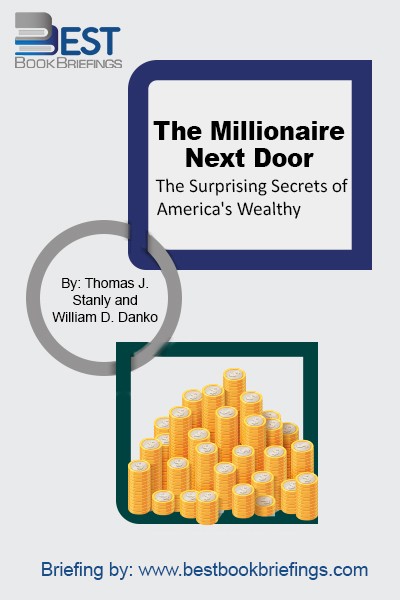
The Millionaire Next Door identifies seven common traits that show up again and again among those who have accumulated wealth. You will learn, for example, that millionaires bargain shop for used cars, pay a tiny fraction of their wealth in income tax, raise children who are often unaware of their family’s
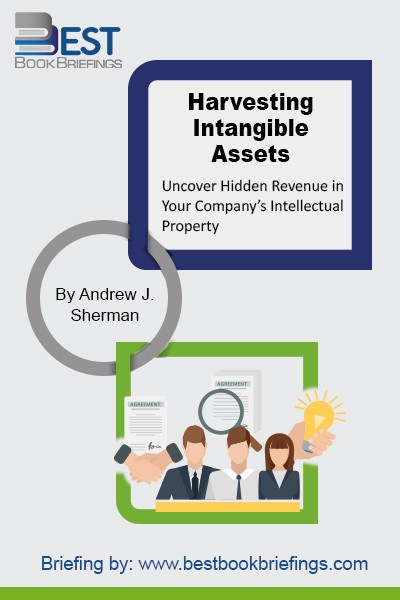
No matter what your profession, no matter what your company does, no matter what your life situation may be—we all follow this fundamental and deeply rooted agricultural process in some way throughout the days of our lives. We are all the new agrarians. But do we recognize ourselves as such? Have

Geography is no longer a limitation for those willing to follow Andrew Henderson’s ‘Five Magic Words’ and “Go where you’re treated best.” As the world’s most sought-after expert on offshore tax planning, second passports, and global citizenship - cited by the BBC, Bloomberg, Elite Daily and more - Andrew has condensed his

